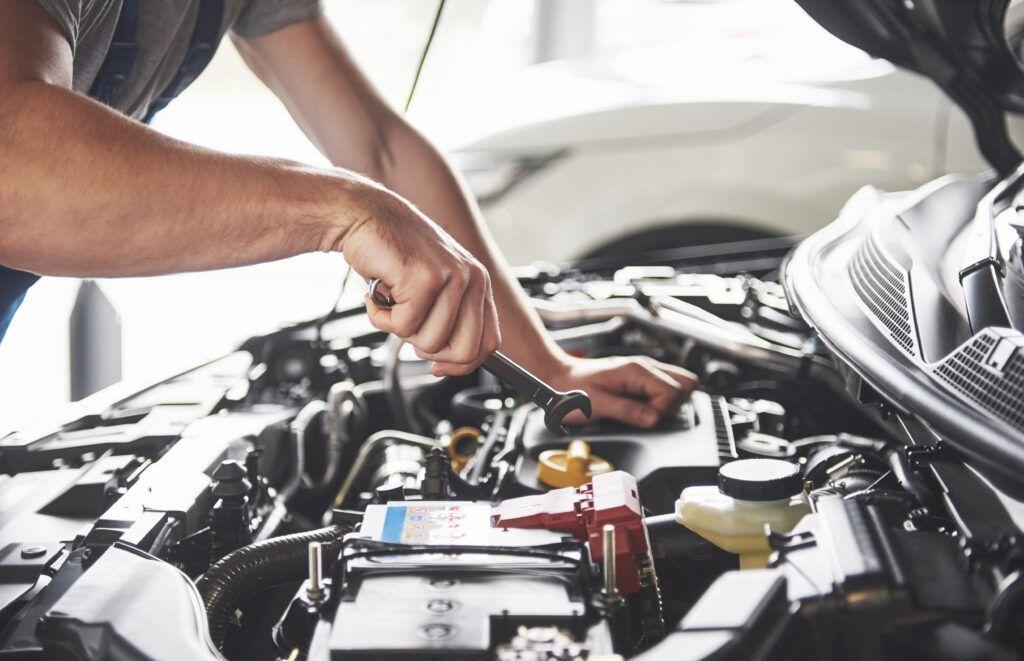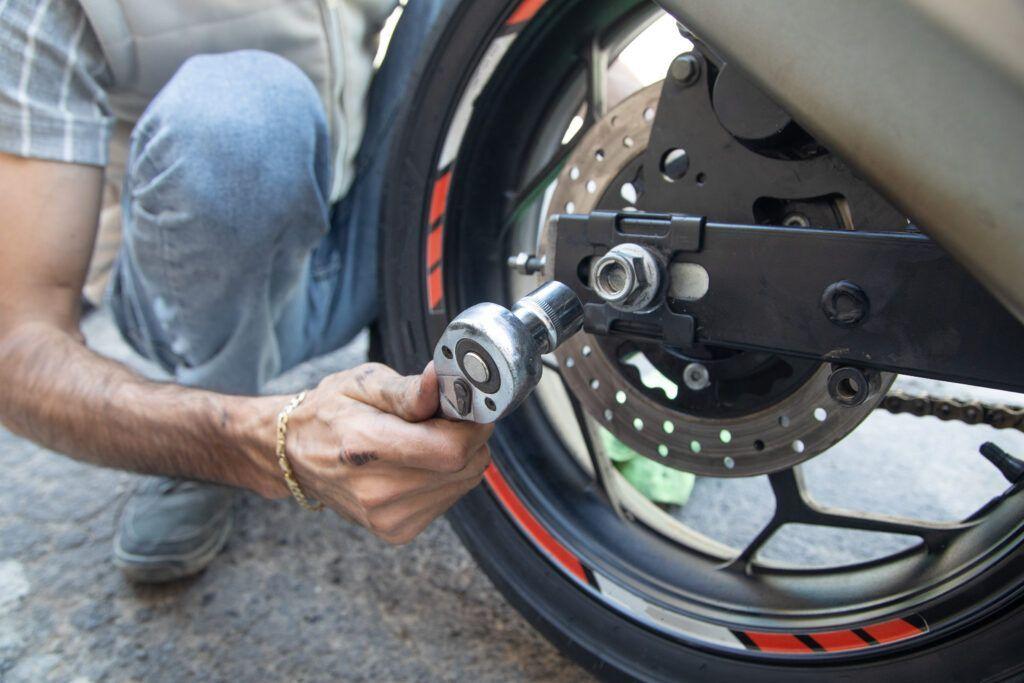Preventive maintenance is an essential strategy to ensure the optimal performance and longevity of any vehicle. This type of maintenance involves carrying out planned, regular tasks to prevent problems before they happen, in other words, acting proactively instead of waiting for a costly breakdown or critical vehicle failure to occur. So, in this post we’d like to give you some key reasons for taking out a preventive maintenance plan. You won’t regret it!
Ensures significant long-term savings
One of the most obvious advantages of preventive maintenance is long-term savings. And carrying out inspections or small adjustments to vehicles before they become major problems can avoid costly repairs and unplanned downtime. An action that not only saves money, but also keeps your operations running efficiently and constantly.
Ensures vehicles with a longer working life
Vehicles that receive preventive maintenance tend to last longer, which translates into a number of significant benefits for any company. Firstly, extending the life of your vehicles can pay back their cost of acquisition, producing a more favourable return on investment. Secondly, preventive maintenance takes care of the investment made in vehicles, making the most of their life cycle and postponing their replacement. Furthermore, avoiding breakdowns and major repairs will also mean less wear and tear for them.
This approach is especially essential in industries where the necessary vehicle fleet is expensive or very large. In these sectors, vehicles represent substantial investments and their proper functioning is essential for productivity and profitability. Implementing a preventive maintenance programme not only increases the availability and reliability of these assets, but it also minimises unplanned downtime, resulting in more efficient production and a competitive edge.
Reduces risks and increases safety
Preventive maintenance is not only about keeping vehicles in good working order, as we described above, but also ensuring their safety. It is very important to note that regular inspections and repairs can identify and address potential safety issues before they cause injury to workers or damage to the environment or property.
Ultimately, keeping your vehicles in optimal condition contributes to safety in the workplace and on the roads, reducing the risk of accidents and improving the protection of drivers and other road users.

Improves operational efficiency
On the other hand, the preventive maintenance of your vehicles can improve the operational efficiency of your business by ensuring constant, uninterrupted operation. This can lead to greater productivity and time savings instead of dealing with sudden costly problems. In this way, your orders will always reach the end customer on time, meeting deadlines and guaranteeing their satisfaction. In this way, your routes will not be affected by operational interruptions and your supply chain will always comply with the designated planning.
The thing is, with a preventive maintenance plan, it is possible to schedule inspections and repairs at convenient times, avoiding unplanned downtime. Furthermore, these maintenance expenses can be precisely budgeted, far from the unforeseen expenses that would arise from not having such a plan. Additionally, it must be taken into account that in many industries there are strict regulations and standards that require regular maintenance of certain equipment and systems.
Contributes to sustainability
In case all the above reasons are not enough for taking out a preventive maintenance plan for your business vehicles, it is also crucial to know that this type of maintenance can have a very positive impact in terms of sustainability. A factor that is of increasing concern every day and which should not be overlooked: both in terms of environmental care, regulations and customer satisfaction. Because preventive maintenance reduces the need to replace equipment regularly.
Therefore, taking out a preventive maintenance plan is not only a sensible investment, but also a smart strategy to keep your vehicles in optimal operating condition and avoid unnecessary expenses and problems. Preventing problems rather than reacting to them can save money, time and worry in the long run, as well as ensuring a safer, more efficient work environment.





